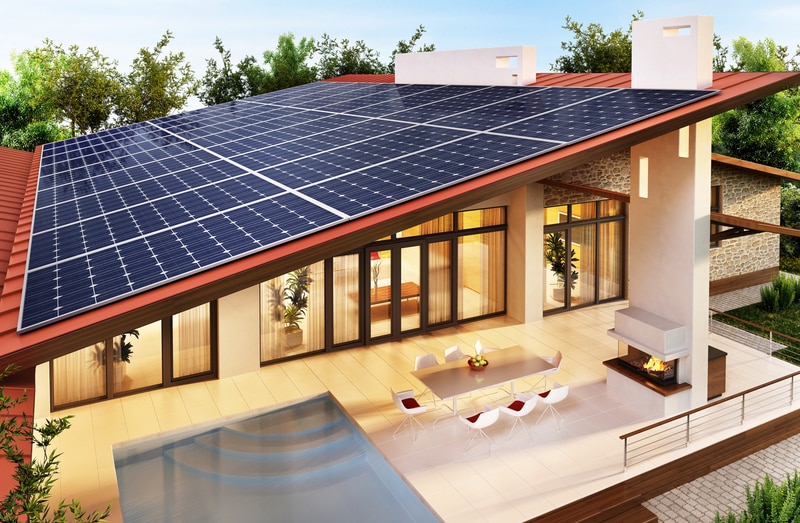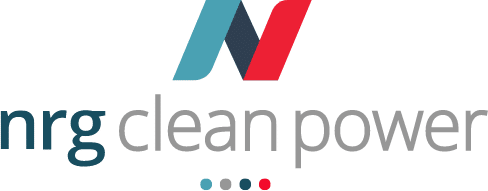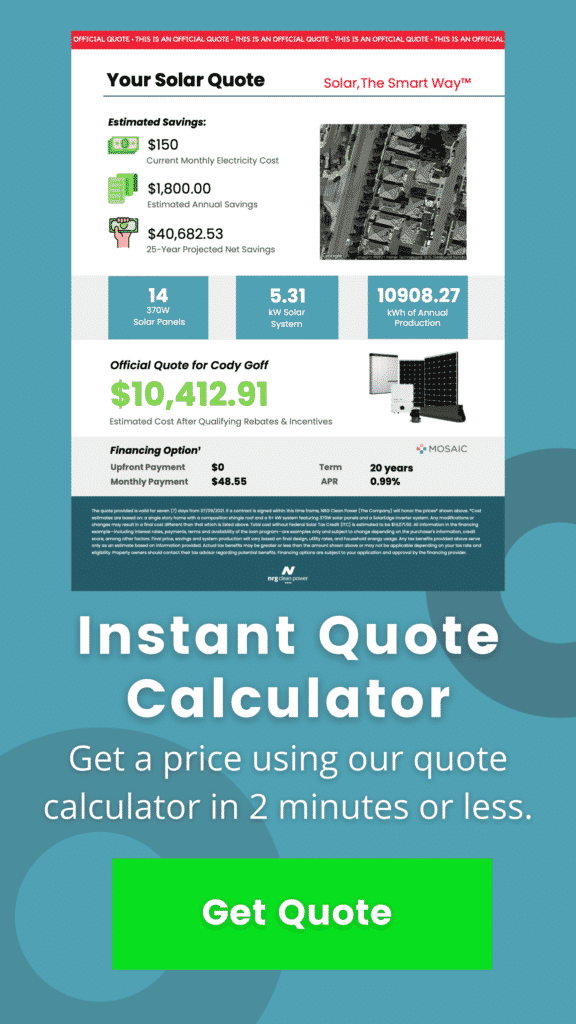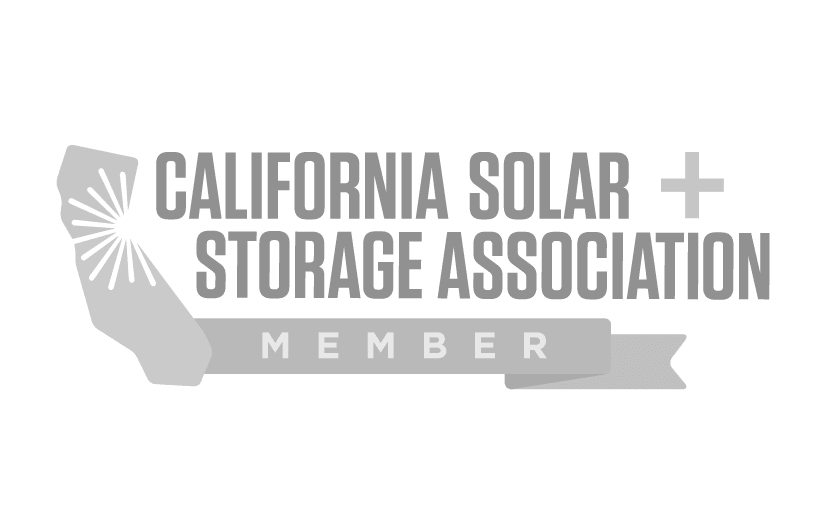
There are very few things that can tap your budget like an excessive electricity bill. Add high-consumption periods (like summer) into the mix, and the case for home solar panels becomes increasingly clear. More and more people are opting to leave the constraints of utility companies behind, in favor of the freedom that solar power brings to your life and your wallet. But how do you know what the right home solar panels are for you?
Solar manufacturers are graded by tier, and you should always opt for a tier 1 supplier. This means they are reputable and reliable, and not a dodgy fly-by-night concern. These are generally the big brand names, who have built a reputation over many years, across multiple product lines and offerings. They are highly unlikely to leave you stranded with a faulty product or fraudulent warranty.
What's the best home solar panel type?
There are certain factors that have been at play in making the process of hooking your home up to solar panels so much easier than ever before. Now more than ever, the availability of these panels and the exponential improvement in technology over the past few years have contributed in creating far better products at a more competitive price. Tax incentive programs, some even supported by the government, are another great motivating factor in the move towards solar energy for the home market.
Solar panels for homes come in at greatly varying price points, which can vary based not only on the size of the panel you buy, but also on how the layout of your home will affect its placement. The performance level of the panels also play a role in determining the costs of your solar panels system. The rule is: the greater the panel’s efficiency, the higher the price. if you have the roof space, rather go for lower-efficiency panels to save some cash.
If the aesthetics are important to you, rather opt for black on black panels, as they look more streamlined and classy than silver frame panels. Although they are a bit pricier than their silver frame cousins, the look they give is very much worth the extra money.
If financial incentives are your motivators, act quickly!
Although there are a great many kickback offerings available, some even at a federal level, many of these rewards-type programs for signing up to solar, are falling away. Many of the benefits, such as tax refunds and more, are only out in the market for a limited time frame, so in order to best benefit from them, you should be sure to act as soon as possible!
AS with any special offer, there are some terms and conditions – one of the standard ones is that the installation needs to be completed within a year from applying for the rebates. The winter months are a great time to ensure that there is enough time left in the calendar year to negotiate limiting terms and conditions.
What is a good number of solar panels for your home?
One solar panel is nowhere near enough to get the efficiency and energy-saving capacity that you want out of your installation. Home solar panels very much fall into the category of ‘invest now, benefit later’. For the system to reach its full potential, you need the benefit of an extensive installation.
20 to 25 panels are a good approximate number for offsetting your old utility bills. While panel performance and specifications to contribute to this, these are generally fairly reliable numbers.
Are solar batteries necessary?
Home solar panel systems generate electricity, and without batteries, this power cannot be stored for later use. With a set of batteries, it becomes much more convenient to use the solar power later on.
The best time to take advantage of the power your panels generate is in the middle of the day. In general, this is the time when homes consume the least electricity. It is also the time of day when the most sun is available. It just makes sense to harvest and save this large amount of free energy for later use!
A simple set of home solar batteries are more than enough to grab and hold the energy generated at midday and put it away for later.
They are also one of the most effective ways to reduce your reliance on the grid, as you will be able to use the energy you’ve stored when the sun isn’t out, or when it isn’t bright enough.
How to make the initial outlay work in your favor
Although there’s no denying that paying more upfront can be uncomfortable and feel wasteful, it can actually be a great benefit in the long run. Are you the owner of a beautiful, but older home, whose roof needs a bit of attention (or is bound to, soon)? If your budget allows, it could be a great benefit to replace the roof and install solar panels for your home at the same time. While the outlay will be expensive, the benefits in the long run are undeniable. You can save even more by recruiting an installer that is able to do both.
It is wise to inspect your roof before going solar – and professionally so. It is far better to eliminate any niggle roof issues before installing your solar panels on top of an unstable substrate.
How do I know what solar company to choose?
Although the switch to solar is exciting, rewarding and far more sustainable in the long run, it is crucial that you choose an installer who knows what they’re doing. Putting in a little bit of extra research time to find someone who knows their way around the huge array of brand names, rebate schemes, warranties, installation techniques and more, is time you will never regret putting in. A reputable installer is also the easiest way to ensure that your installation is legal and compliant to all relevant by-laws and building codes in your area.
Save with the sun
Summer means sunshine, and a high-demand time. Having your installation done in summer could mean that you end up paying more for something you could get much cheaper in winter – thanks, seasonal price surges! Buying a home solar panel installation in summer could not only land you with great savings, it could also help you to avoid rate increases and give you quicker access to incentive programs that will benefit you in years to come. Yet again, the value of an accredited installer will be made clear in such a situation. Not only will they know where to find the best deals, they will also be a great help in installing your system in such a way that you maximize your daily sun exposure and start raking in the sustainability benefits!
Which solar company is best?
Switching to solar can be a bit more technical that you may initially realize. You will be faced with making various choices between brands of home solar panels, inverters, incentives, warranties and more, and having to navigate this on your own can be rather challenging.
This is why it is vital to make use of reputable and registered installers, who will be able to guide you through the process every step of the way and help you through the tough choices. Companies like NRG Clean Power come with a long history of combines experience, which allows them to complete your work competently and efficiently. A trusted solar panels company in California will also be able to advise you on best practice when it comes to your new installation and will have their finger on the pulse of industry trends.
NRG Clean Power will also be able to advise you on everything you need to know regarding home solar tax rebates, and any other programs you might qualify for. These rebates are not just a nice-to-have: they can make a significant difference to what you spend on your solar system in the long run. The more you save, the sooner your system reaches maximum value!

Authored by Ryan Douglas
NRG Clean Power's resident writer and solar enthusiast, Ryan Douglas covers all things related to the clean energy industry.


